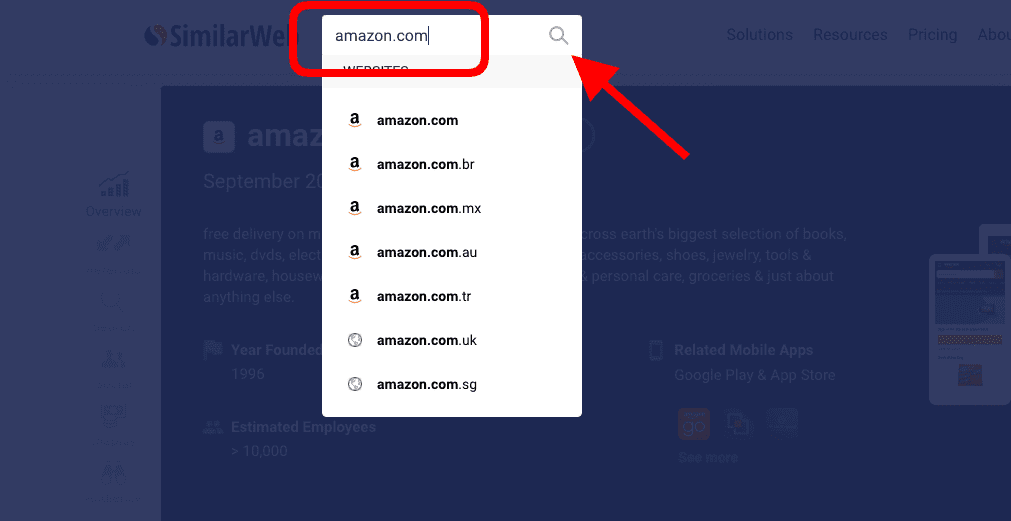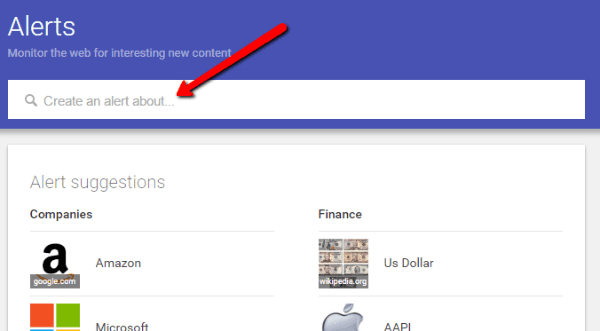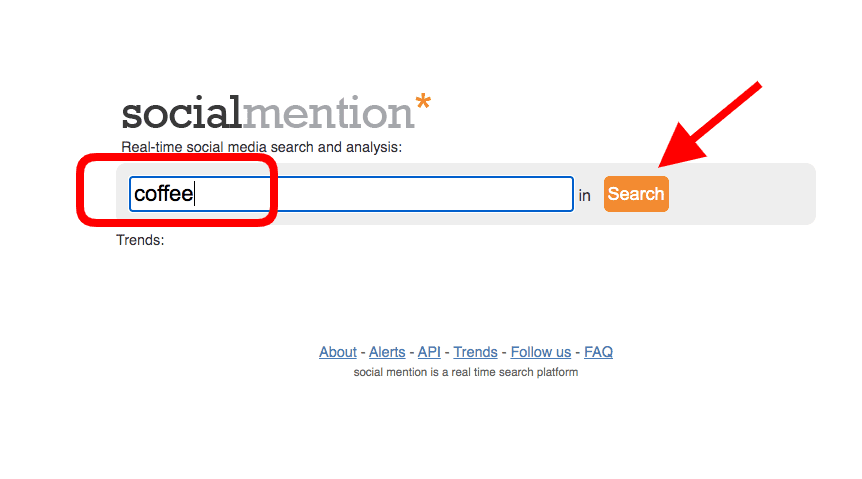Competitors analysis tool: How to increase organic traffic and leads?

 |
Jenny Harrison is a passionate marketing and business blogger. She loves to engage with readers who are seeking B2B and B2C marketing related information on the internet. She is a featured blogger at various high authority blogs and magazines in which she shared her research and experience with the vast online community. Currently she is associated with an Orlando based SEO Company ‘PNC Digital’. Follow her on twitter @MJennyHarrison for more updates. |
In this day and age, it is important to be as tech-savvy as you possibly can. This also applies to increasing your organic traffic and leads, out of which one way of making this possible is by using your competitors’ data. Thanks to the internet, you are not competing with one or two competitors anymore, as your competition now has increased exponentially. Even if your business has captured a niche in the market, there is always a chance that another enterprise tries to capitalize on your idea or concept.
For this reason, you will need to do whatever it takes to stay ahead of the curve. It may not be as easy as it may sound, but it is completely possible if you play your cards right. Fortunately, there are tools out there that will allow you to mine your competitors’ data all while contributing to organic website traffic which you can use it to your advantage. To learn how to do so, read on.
Know your Competition with Alexa
People may know about Alexa, and how it can be used to display traffic related data and rank websites, but not many know that it is useful for competitor analysis too. This tool has the capacity of providing substantial data that will help your business identify the latest trends which are being used to enhance all types of websites.

Most competitor research tools assume you already know your competition, and they require you to input keywords, domains and brand names. But if you do not know who you are competing against, you will not be able to input the data required in the first place. This is where Alexa comes in the picture.
Apart from tracking other websites in real time, you can use Alexa to compare your website to industry standards. If that is not enough, you can also use it to find websites you can partner with, or write guest posts for.
Conduct Competitor Research with SimilarWeb
SimilarWeb is quite similar to Alexa when it comes to competitor research. It’s one of the most effective competitor analysis tools. With it, you can keep an eye on your competition, more specifically their analytics and strategies. You can conduct competitor website analysis.

The tool is versatile enough to allow you to get in-depth information regarding different platforms, apps, and sites. All you need to do is to input a website or app, and voila, you will get all the statistics you will ever need to discover emerging industry trends to cash in on. Additionally, it will give you a better understanding of customer behavior as well. Basically, SimilarWeb gives you the ability to mine raw data to process it, resulting in final reports that will do wonders for you in the long run.
Keep Track of your Competitors via Google Alerts
Your list of monitoring tools would not be complete if it does not include Google Alerts. This is perhaps the easiest competitors analysis tool to use out there. You can start by signing in with your Google account, after which you input the name of your competitors you want to track. The tool can specifically be used to track their keywords, links, and mentions.

Take Sophie&trey as the perfect example of how you can use Google Alerts to its full potential. This online fashion boutique has set up Google Alerts to track their direct competitors, the moment any of their competitors post any type of content, they receive an instant notification which allows them to capitalize on this information. Furthermore, these notifications will ensure that they are two steps ahead of their competitors and can take full advantage of their digital footprint. Of course, you can use any other competitors analysis tool—there are plenty of them.
Track Competitors on Social Media Platforms Using Social Mention
According to a report, small businesses primarily use social media platforms to attract more customers. This alone is reason enough for you to see what your competitors are up to across any and all social media platforms, and this is possible by using Social Mention.

Use the tool to search for brands or keywords to see what people are talking about it. This way, you will learn about the different ways brands get mentions.
The information that Social Mention provides can then be used to tweak your own efforts. For instance, if a competitor has got a lot of heat due to a certain post, avoid making the same mistake. Similarly, if a competitor has received praise for a new product or service it just launched, emulate their tactics for a new product or service you plan to release in the near future.
Although there is no doubt that using these tools will enhance your business from an array of different aspects. It is imperative that you consider tools which are engineered to help your business collate, analyze and use data to its full capacity. Simply relying on your competitor’s data will limit the potential of your business, we would recommend using a combination of analytical tools such as Google Enhanced Ecommerce and your competitor’s data to take your business to new heights.
A lot of factors contribute to organic website traffic; these vary from integrating profound design techniques to identifying the best trends for your website (especially if it is an e-commerce website). Even though competitor research is vital, do not ignore other aspects of marketing to grow your business effectively. Be open to new ideas, experiment as much as you can, and invest in a plethora of analytic tools. Eventually, you will be able to dominate your industry in no time.
These are the most competitive analysis tools out there. And they are free and easy to use.
More useful eCommerce articles and infographics are coming your way. Follow CS-Cart on Facebook and Twitter not to miss them!
Yan Anderson is the Head of Content Marketing at CS-Cart with over 10 years of experience in the eCommerce industry. He's passionate about explaining complicated things in simple terms. Yan has expertise in building, running and growing eCommerce marketplaces. He loves to educate people about best practices, new technologies, and trends in the global eCommerce industry.
